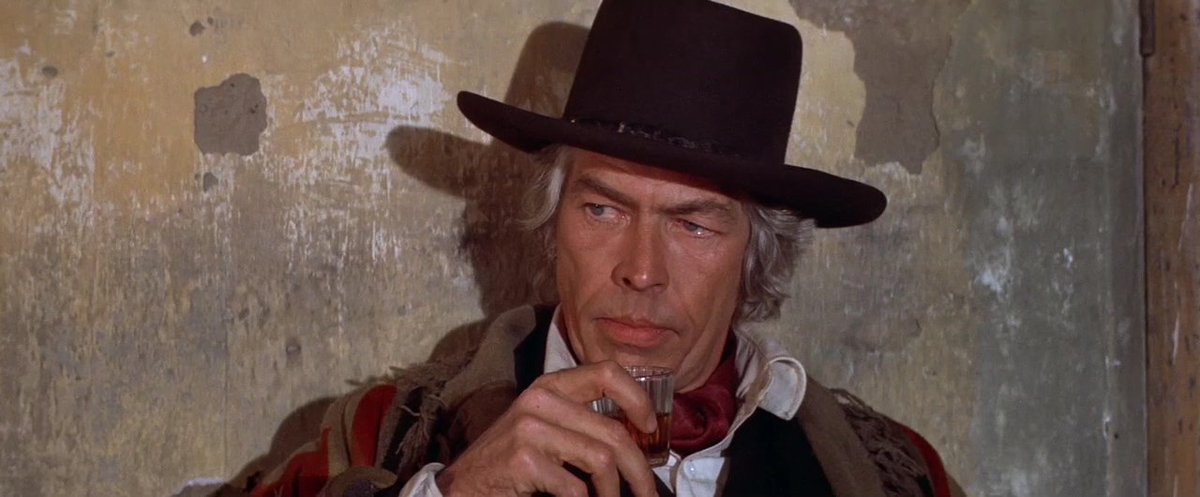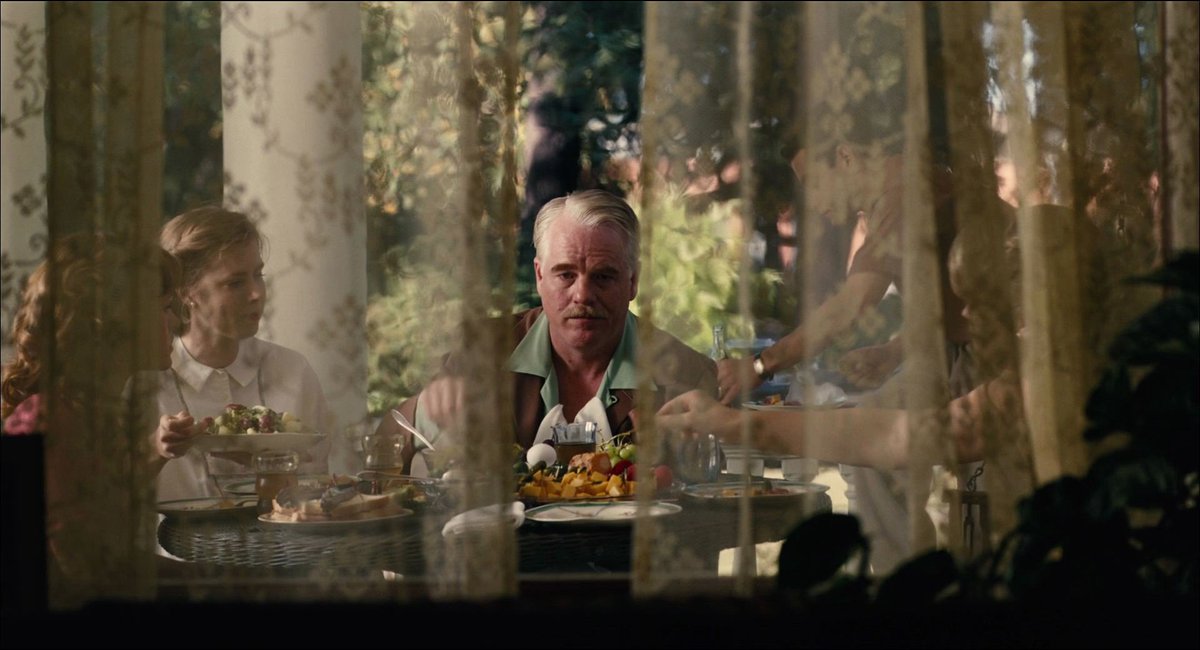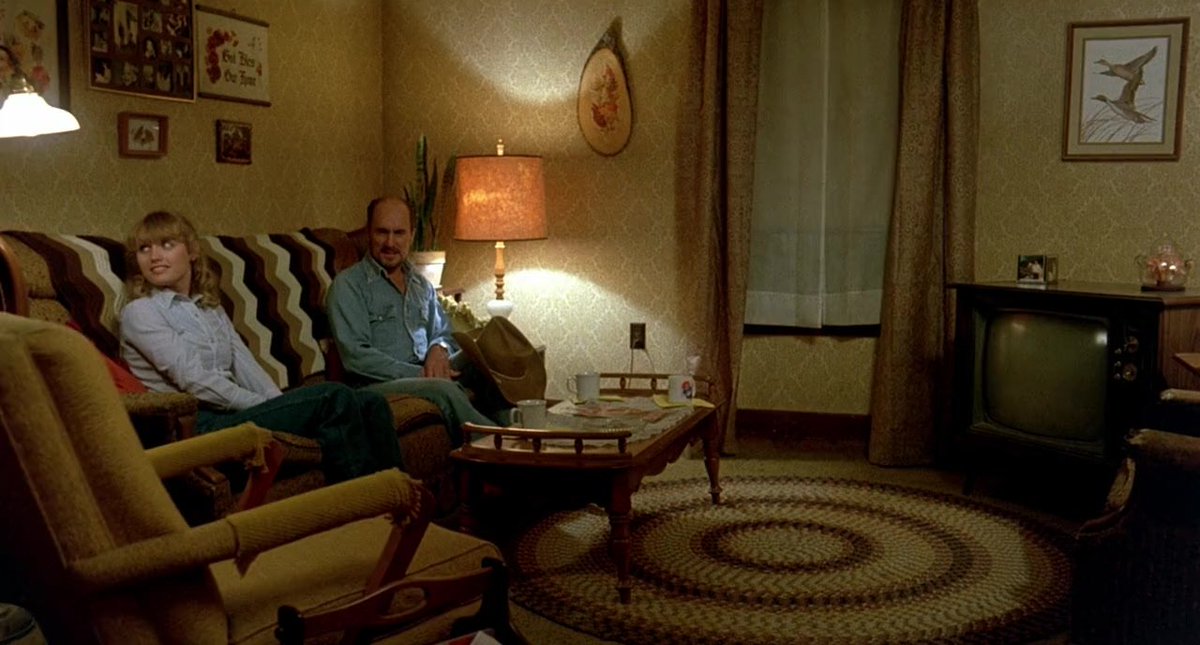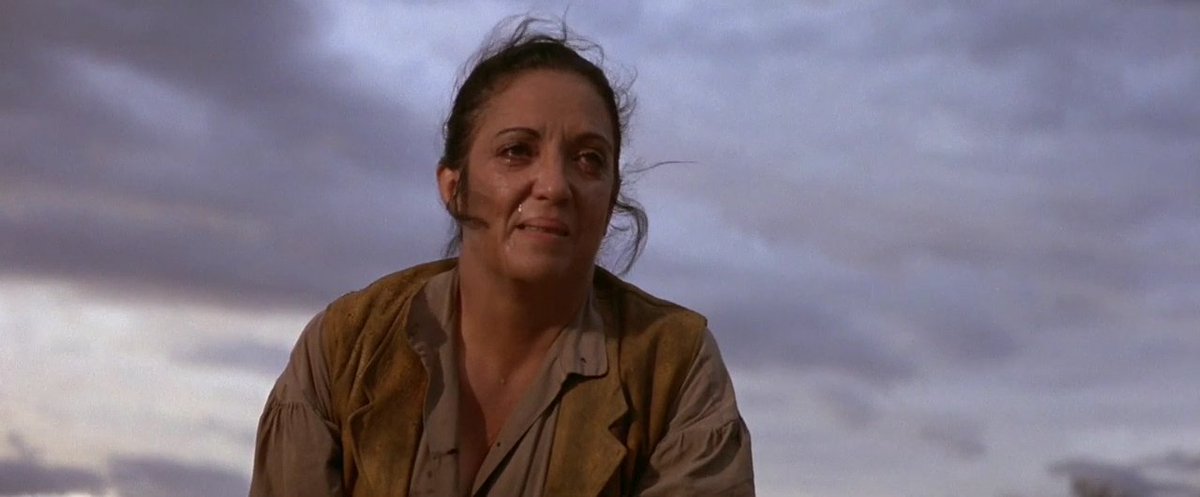
Writing mysteries-of-the-week for LONGMIRE is still my most challenging writing gig. Each one needs: a catchy hook, a well-hidden perp, a clever Longmire way of solving it, & an emotionally-resonant reason for the crime. Plus, it ideally reflects on Walt's current state of mind.
Breaking, outlining, writing, revising, prepping, & producing three of these a season for five seasons was the best TV writing education I could ever receive. I return to my showrunner Greer Shephard's guidance all the time, especially her emphasis on scheduling information.
That is, what gets revealed when in a scene. Identifying what the major card each scene holds, and when and how you lay that card down. Or, also: how to distract the viewer/Walt so the actual important clue registers, but their attention is on something that looks like a clue.
I'm not writing mysteries right now, but many of the same principles still hold. Instead of clues, I think of what cards a scene holds in terms of emotion or psychology or a surprising reveal or narrative turn. And then try to determine how to schedule them out in optimal order.
Or, how to hide or de-emphasize those cards so it feels more like a discovery when they come back into play later in the story.
And I still aim for something I think I only achieved a couple of times on LONGMIRE: arranging the crime of the week and Walt's personal story for that episode so they both crescendo at the same time, and each story line speaks to the other.
Another great lesson I took: identifying the texture and aim of the show. A constant question in the writer's room: is this a uniquely LONGMIRE mystery, one that wouldn't show up on another procedurally-minded show? How can we make this weirdly Wyoming?
The seeds of a lot of the mysteries were just found by scanning the news for crimes in Wyoming and crimes having to do with Indian reservations and jurisdiction issues. Or from talking with Marcus Red Thunder, our Cheyenne advisor, or from other folks outside our LA circles.
The goal wasn't necessarily, I don't think, to provide social commentary, but to find situations and conflicts unique to rural & western & Native American life. If it was a crime or conflict that could happen in a city, we'd leave that to other shows. It wasn't our strength.
Another element was coming up with *how* Walt would solve the mystery. Since he was averse to technology (no cell phone), it was a general rule that forensics and such would never be his method for solving a crime (tho such evidence could validate or invalidate his hunch).
Walt was purposefully in a Sherlock Holmes school of deduction -- he gives his deputy a copy of THE HOUND OF THE BASKERVILLES in the pilot. But my favorite solutions relied less on Walt's clever mind than on his deep local knowledge and understanding of human hearts & minds.
So, coming up with a new episodic story that could utilize these elements of our show's somewhat unique procedural engine -- and that could also interface in an interesting way with the "cowboys & Indians" iconography of the Western genre itself -- was the best kind of challenge.
Oh, and one last bit of advice I got from Greer Shephard that I think applies equally to both mysteries and other types of stories: however complicated or tangled the plot gets, the motivation for the inciting incident needs to be simple, direct, emotional, and relatable.
If you're curious about LONGMIRE, or if you dug the show and want a peek behind the scenes, here's a cool five minute video about Marcus Red Thunder and the role he played in our storytelling:
• • •
Missing some Tweet in this thread? You can try to
force a refresh




















